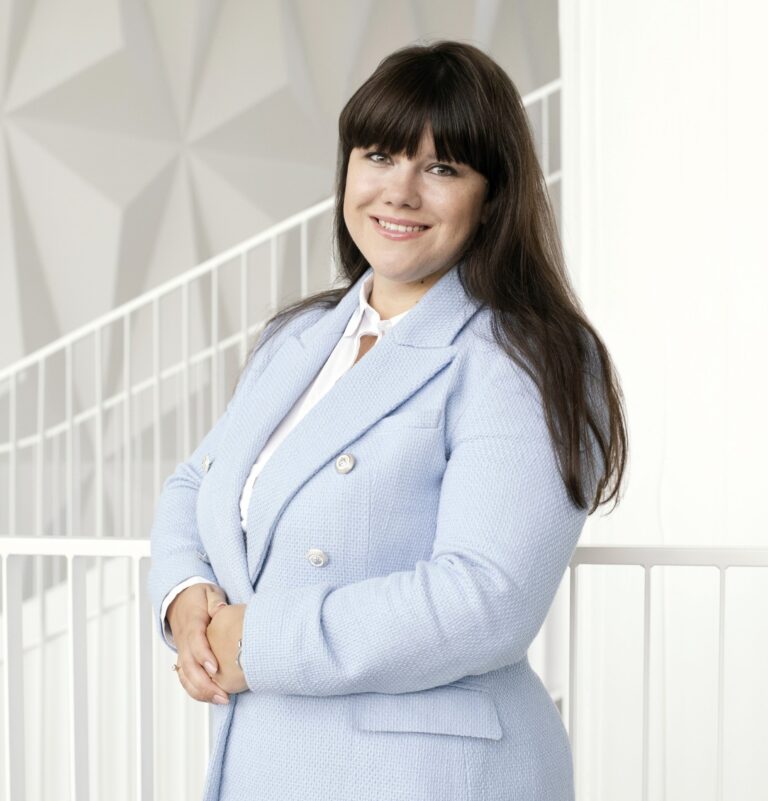Kurkime modernią Lietuvos ateitį kartu
RegistruotisOffice of the President of the Republic of Lithuania
Ukrainian Center as a cultural bridge for Ukrainians between the regions in Lithuania
Problem
More than 81 710 Ukrainians have found shelter in Lithuania due to the russian aggression in Ukraine. Over 20 000 Ukrainians have been registered in Vilnius and other regions, such as Kaunas (13 814+), Klaipeda (15 011+) or Alytus (1 538+). Additionally, there is a particular category of Ukrainian refugees: persons of Lithuanian origin with Ukrainian citizenship who migrated to Ukraine mostly during the Soviet period. Since 2014, when the war broke out, the Lithuanian authorities have granted these people the status of ‘perkeliamojo asmens statuso‘.
The Ukrainian Center was originally a place where people who fled the war could meet, socialize, share ideas and experiences. Nowadays, it has evolved into a Ukrainian cultural center with a mission to preserve and promote Ukrainian culture around the world. However, it has been operating only in Vilnius, which is a limitation for those who live far from the capital. To meet the needs and connect Ukrainians across the country, it would be therefore desirable to expand its activities to the regional level.
Goal
The aim of the project is to explore the needs of Ukrainians in different regions of Lithuania, to respond to them and to disseminate the activities of the Centre at the regional level through networking for regional cooperation.
Project progress
2023/04/17
Current situation analysis
2023/04/28
Consultations with regional communities and research on the cultural, educational and other specific needs of Ukrainians launched: visits to municipalities and survey
2023/06/10
Presentation of the interim results of the project at the VMU conference
2023/08/31
Study on the cultural, educational and other specific needs of Ukrainians completed: visits and surveys
2023/08/31
Recommendations for the development of community networking
2023/09/06
Final event and presentation


